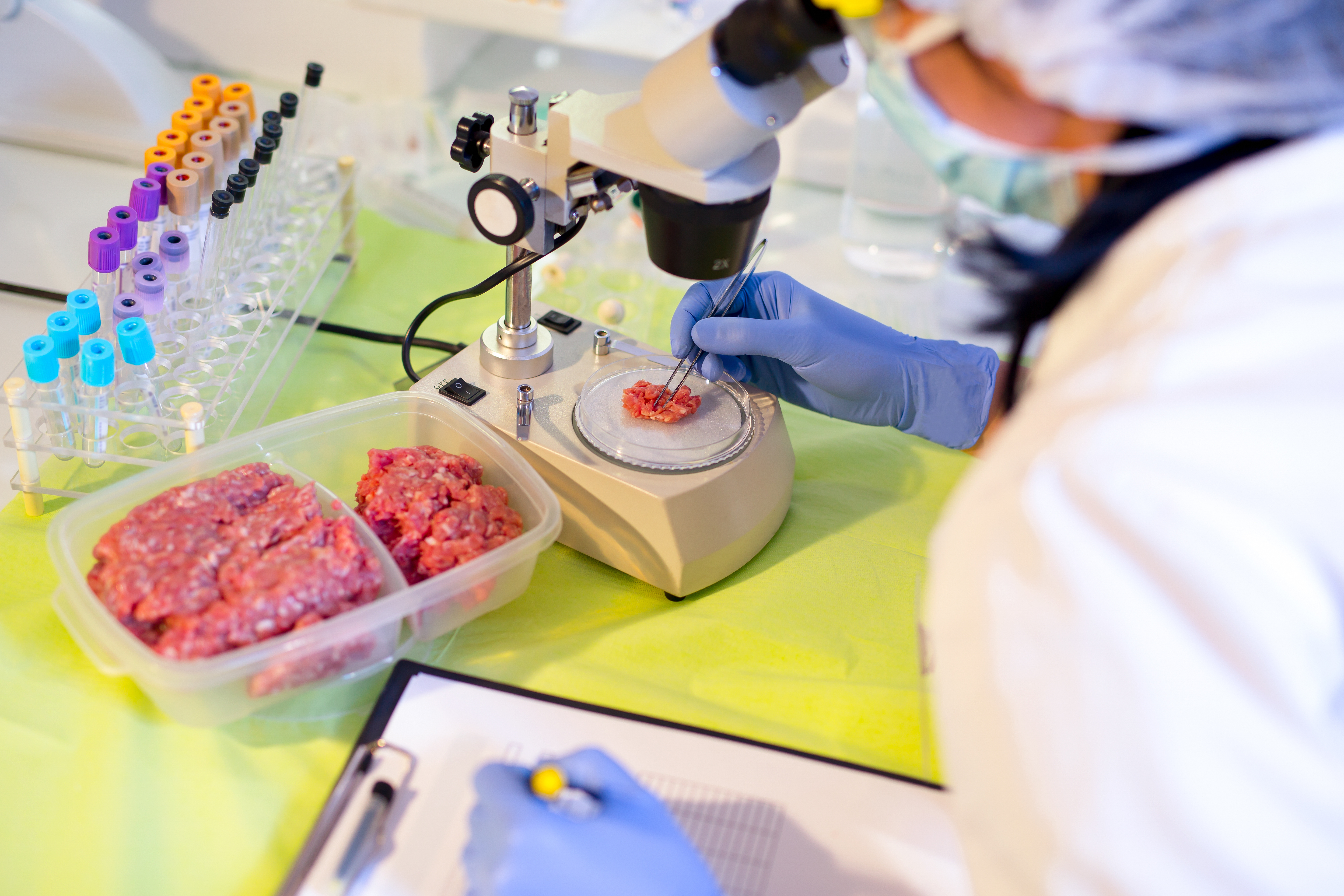
Supporting you in your alternative protein and novel food product regulatory approval journey
Supporting you in your alternative protein and novel food product regulatory approval journey
A recent UK Government report titled The Benefits of Brexit: How the UK is taking advantage of leaving the EU, states in the UK it will no longer be necessary to follow the EU process for approving novel foods. Instead, the UK will have a system specifically designed to “support innovation in the sustainable protein sector”.
According to the report, the government will work with the Food Standards Agency (FSA) to update the regulatory framework, creating a system that is “the best in the world for innovators, investors, and consumers”.
As a leading advisor to UK Government across food safety policy and regulatory landscapes in the alternative proteins and novel food arena, indeed one of our principal scientists Dr Adrian Charlton has been asked to respond to the consultation on edible insects as novel foods to ensure the proposed regulatory framework is appropriate, we are your ideal partner to support you bring your product to market under the Novel Food Regulations.
The UK’s novel foods regulations will be reviewed to make them more “transparent and effective”.

In the UK many alternative proteins and novel foods products requiring pre-market approval will follow regulatory frameworks for novel foods and – in some cases – genetically modified foods. Novel foods in the sense of the Novel Food Regulation are all foods that were not used for human consumption to any significant extent in the EU before May 15, 1997, and that fall into certain categories.
The novel food categories include amongst other things:
• Food with new or intentionally modified molecular structure;
• Food consisting of, isolated from, or produced from microorganisms, fungi or algae;
• Food consisting of, isolated from or produced from plants or their parts by a new non-standard process;
• Food consisting of, isolated from, or produced from cell culture or tissue culture derived from animals, plants microorganisms, fungi or algae

What requirements must be met by the novel food in order to be authorised?
Without an authorisation, cultured meat, cell-based dairy or egg alternatives, or other alternative protein products falling under a novel food category may not be placed on the UK market. In summary, the novel food must meet three basic requirements to be authorised.
- Firstly, only those novel foods, on the basis of scientific evidence available do not pose a safety risk to human health, are authorised.
- Secondly, the novel food’s intended use may not mislead the consumer.
- Thirdly, where the food is intended to replace another food, it may not differ from that food in such a way that its normal consumption would be nutritionally disadvantageous for the consumer.
The authorisation is granted with regard to a specific novel food and not with regard to the product of a specific applicant. This means that an authorised novel food may in principle be put on the UK market by any food business operator and not just the applicant. This would be annoying for applicants, as carrying out the authorisation procedure and providing the necessary scientific studies involves considerable effort and costs.
To recognise these efforts regulators under certain conditions and upon request grants the applicant not only an exclusive right with regard to the authorised novel food but also protection with regard to the scientific data on which the application is based. To be granted protection the application must be based on newly developed and proprietary scientific evidence and data.
If protection is granted, for a period of five years only the applicant may place the authorised novel food on the UK market.
What does the application process look like?
Roadmap - Bringing alternative protein products on the UK market under the Novel Food Regime
Stage 1 - Prepare
Data Gathering - gather analytical lab data, safety and exposure data, manufacturing process, composition, purity, intended use information.
Duration: 6 months approx.
Stage 2 - Submission
Complete application form (online portal).
Duration: 2/3 days
Stage 3 - Evaluate
Evaluation by FSA - FSA evaluate submitted information.
Duration: 9 months
Stage 4 - Respond
Receive questions from FSA & prepare response to questions.
Duration: Dependent on number and nature of questions and company response time.
Stage 5 - Approval
When FSA are satisfied the application is deemed complete the product details are uploaded to FSA list of permitted novel foods and the novel food can be marketed in the UK.
Duration: 3-6 months
Timeframe from Preparation to Approval:
Duration: 24 months approx.
We're here to help
Fera’s scientists have extensive experience with overcoming regulatory hurdles and developing unique strategic pathways.
